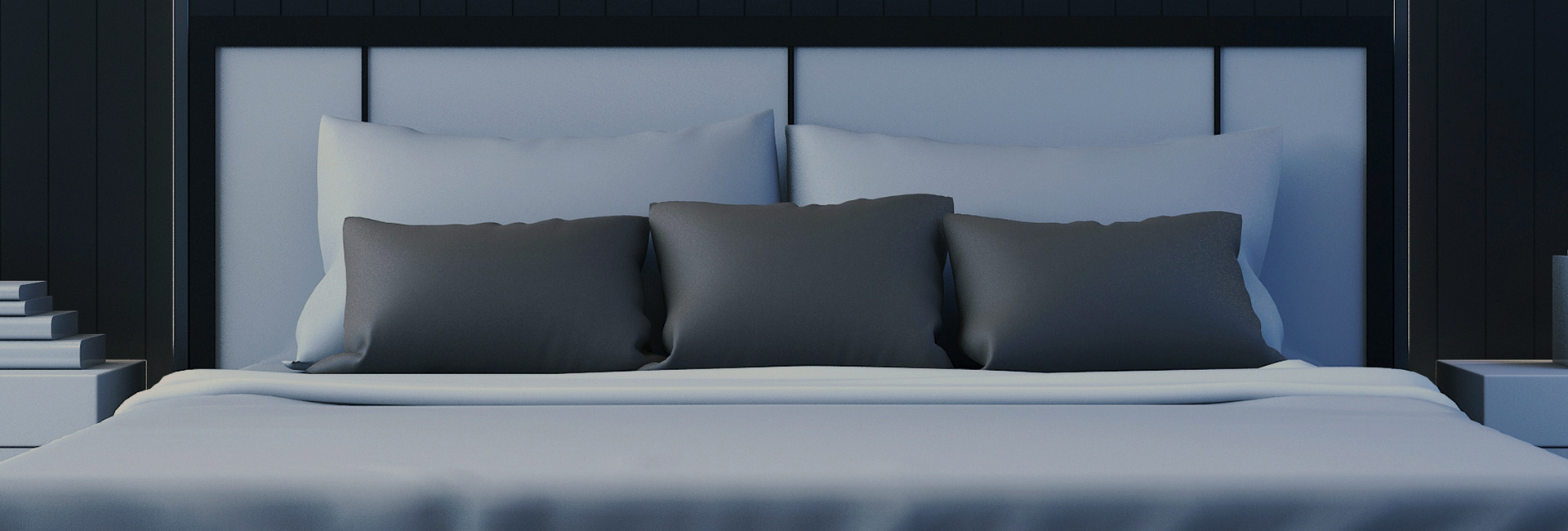
Snoring is Affecting My Relationship
Snoring Can Drive Romantic Partners Apart
One of the hallmarks of sleep apnea is the loud snoring that occurs when air moves through the partially obstructed airway, causing the soft tissues at the back of the throat to vibrate and make noise. If your partner isn’t a deep sleeper, that snoring can wake them up or prevent them from falling asleep.
A partner’s sleep disruption can have consequences that spill over into the relationship during daytime hours, too. They may become increasingly moody, short-tempered or impatient with you. Of course, sleep apnea disrupts your sleep, too, and can have similar effects on your behavior toward your partner.


Determining the Cause of Your Snoring
The first step in overcoming snoring is figuring out what is causing it. Completing a sleep study will help to achieve this goal. If the sleep study leads to a diagnosis of obstructive sleep apnea, a condition in which a patient’s airway repeatedly is obstructed while they are asleep, this information can point toward proper treatment.
Keep in mind that snoring is one of the many symptoms of sleep apnea. The list of others includes:
- Daytime drowsiness
- Mood changes
- Difficulty paying attention
- Frequent headaches or sore throats upon waking
If you are experiencing multiple symptoms of sleep apnea, you should undergo a sleep study to confirm the diagnosis so that you can pursue effective treatment.
Effective Sleep Apnea Treatment Can Patch Up Problems with Your Partner
If sleep apnea is the underlying cause of your snoring – and the ensuing relationship problems – you can address the issue by exploring effective treatment options. Sleep apnea treatment eliminates the conditions that contribute to the apneic episodes and the snoring that they cause. You may be concerned that your only option is a loud, bulky continuous positive airway pressure (CPAP) device that may be equally disruptive to your partner’s sleep and yours as well. Fortunately, comfortable oral appliances worn during sleep can correct the conditions that contribute to sleep apnea.
Keep your snoring at bay and get your relationship back on track by getting effective sleep apnea treatment. Call our office today to schedule an evaluation.
